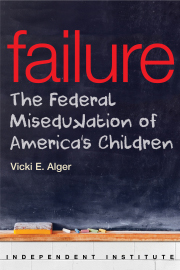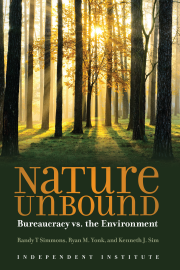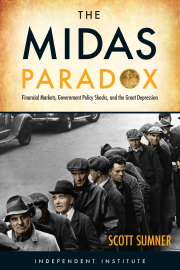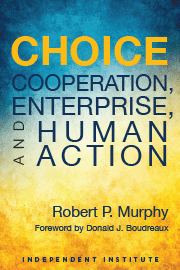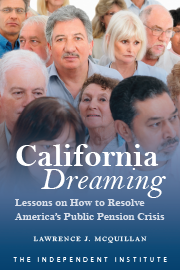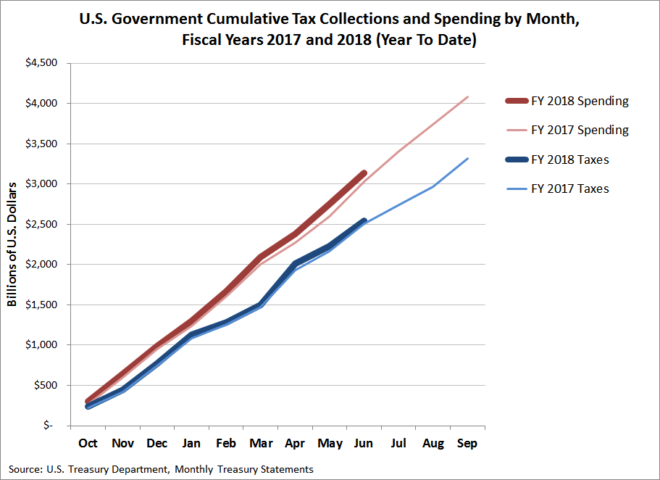Back in 2012, Stockton, California, was one of the first cities to declare bankruptcy, and the cause of the collapse was clear. The city gave “free” health care to retirees, which left it with an unfunded liability of $417 million. Stockton also allowed police officers to retire at age 50 with pensions based on 3 percent of final pay for each year in service. City workers in government employee unions could retire at 55 with 2 percent of final pay multiplied by years of service. This spending spree was an easy sell but drove the city into bankruptcy. So it makes sense that Stockton is the first city in the country to launch Universal Basic Income (UBI).
Sunday, when my grocery guy Lucio came to my gate, his truck contained, along with the usual variety of produce and other foodstuffs, a box of beautiful strawberries, which I snatched up along with my other purchases. As often in the past, these berries came from Driscoll’s in Watsonville, California, where—interestingly enough—they were almost certainly harvested by Mexican and Central American workers.
During a span of nearly a decade, beginning in 2007, Canadian nurse Elizabeth Wettlaufer killed eight people and attempted to kill six others by overdosing them with insulin, a treatment Canadian surgeon Frederick Banting invented in 1921 to save lives, not destroy them. Last month, more than a year after her conviction, the Ontario government launched a probe to find out how she was able to keep killing for so long.
Immigration has displaced terrorism as the number one problem in Western democracies. What an interesting and timely lesson, therefore, the triumph of the French soccer team in the World Cup offers us.
Most of the players are children or grandchildren of African immigrants, born or raised in the troublesome neighborhoods of the periphery, the so-called “banlieues.” Fifteen of the twenty-three players in the national team are of African origin, including four from the Congo, three from Mali, and two from Cameroon and Algeria. Most of its world-renowned stars, such as Mbappé and Pogba, have that origin.
We’re on the cusp of the All-Star Game in baseball season, and believe it or not, the U.S. government has also reached a similar kind of pause in its schedule, having just passed the nine-month mark in its 2018 fiscal year.
Who are we kidding? The two things are nothing at all alike. One is just the latest in an ongoing annual series of mostly meaningless games between two opposing teams that will be played this year in Washington, D.C., and the other will determine which opposing league’s team will have the home field advantage in this year’s World Series.
The game that won’t have any winners is the one to which every American should pay attention, where the score is kept monthly. Here, we find that the release of the U.S. government’s Monthly Treasury Statement for June 2018 was a notable one for the record books for two reasons:
- The U.S. government has accumulated a record amount of tax revenue over the first nine 9 months of its 2018 fiscal year.
- The federal government’s budget deficit increased during these same nine months because its spending rose more than its tax revenues did.
Here’s a chart showing how the U.S. government’s spending and tax collections during its 2018 fiscal year-to-date compares with its previous 2017 fiscal year.
Advocates for lesbian, gay, bisexual, transgender, and queer (LGBTQ) rights are up in arms, vowing to oppose President Trump’s nomination of Brett Kavanaugh to the U.S. Supreme Court. They believe in part that his conservative Catholic views will turn back the clock on human rights, forcing those who identify as gay or lesbian back into the shadows of society.
Americans, however, have largely embraced individuals identifying along the LGBTQ spectrum as full-fledged members of our communities. And the Supreme Court of the United States, or SCOTUS, can do little to reverse this trend. The evidence is implicit in an unlikely source: the U.S. Supreme Court’s decision to uphold religious liberty in Masterpiece Cakeshop v. Colorado Civil Rights Commission.
Moments after federal appellate judge Brett M. Kavanaugh was nominated for the Supreme Court, Tom Perez of the Democratic National Committee said in a statement that “a vote for Kavanaugh would be a vote to rip health care from American families and deny women their constitutional right to make their own health care decisions.” Many progressives responded by following the same line, but former Bush administration officials UC Berkley law professor John Yoo and St. Thomas School of Law professor Robert J. Delahunty took a different view.
While driving down California’s potted roads and freeways, motorists spot signs reading “Your Tax Dollars at Work,” with an SB 1 logo smack in the middle. That denotes a recent hike in the gasoline tax of 12 cents per gallon. As it happens, a measure to repeal that tax is on the November ballot, and Carl DeMaio of Reform California told San Diego’s KGTV news that the signs are a “cynical PR stunt with our tax dollars.” A Caltrans mouthpiece responded that the state transportation agency has been putting up similar signs for years. Catherine Hill of the League of California Cities, which supports the tax hike, said they were an example of “transparency and accountability,” a way of “letting taxpayers know that their tax dollars are going to this particular project.” As Sam Kinison said in Back to School, “Is she right?”
Telemedicine, the use of telecommunication technology to help administer medical care, is often credited with “radically changing” the healthcare market. Some have credited telemedicine with revolutionizing healthcare delivery, private practice, and outpatient care among other components of healthcare.
However, a recent CNBC article is receiving considerable attention for arguing that “telemedicine has been such a bust so far.” In the article, technology and health reporter Christina Farr contends telemedicine fails to live up to its reputation as “the next big thing in healthcare” and still finds itself on the outskirts of mainstream healthcare and medical practice.
The newest addition to the Jurassic World film dominion is Jurassic World 2: Fallen Kingdom, a commercial juggernaut that is boosting 2018’s prospects for a record year in ticket sales despite mixed reviews. Fallen Kingdom, however, offers up more than action, first-rate special effects, and digitized dinosaurs. The movie takes a surprisingly complex dive into the question of species preservation and the value of life.
Movie critics (and many moviegoers) are right in one respect: Fallen Kingdom does not add much to the action film genre or the Jurassic World series. The plot is a linear continuation of the previous films, the second in a planned Jurassic World trilogy. Fallen Kingdom’s plot is not driven so much by conflict among characters as an existential threat—an erupting volcano—to a resource created by a mix of science, vision, and profit. Animal rights and species preservationist Claire Dearing (Bryce Dallas Howard, Jurassic World, The Help, Twilight Saga series) is a bit more pragmatic at the end of the movie. Dinosaur behavioralist Owen Grady (Chris Pratt, Jurassic World, Passengers, Guardians of the Galaxy series) is the same compassionate realist as in Jurassic World. Brilliant dinosaur geneticist Henry Wu (B.D. Wong, Jurassic Park, Jurassic World, The Space Between Us) remains unapologetic in his drive to perfect dinosaur cloning. Most of the movie is really a survival film, first on the island of Isla Nublar and then on land as Dearing and Grady try to protect the surviving dinosaurs.















